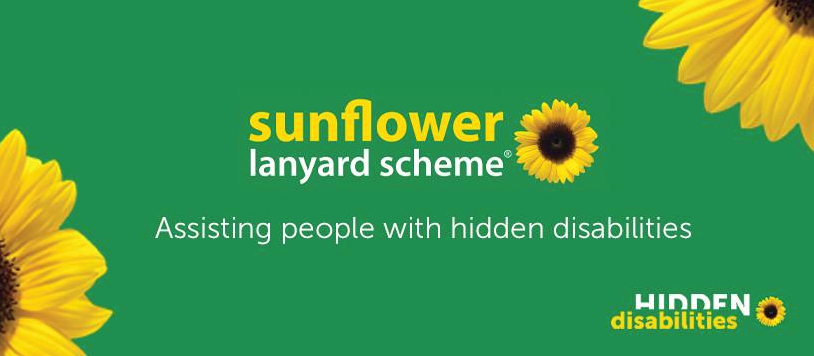North Sea ferry operator launches ‘hidden disability’ sunflower lanyard scheme

P&O Ferries has launched the hidden disability sunflower lanyard scheme across its North Sea routes.
The ferry company says the initiative, which is designed to support those who might not have an immediately visible disability and who might need additional assistance while travelling, reinforces its commitment to providing accessible travel for all.
Passengers of P&O Ferries sailing between Hull and Rotterdam, and Hull and Zeebrugge, can now request a sunflower lanyard free of charge, to act as a discreet sign to crew members and on-shore staff that they may need extra help or support during their journey.
Support will be provided at all points of their journey, from arrival at the port and check-in to disembarkation.
Examples of where further support will be provided include allowing extra time for customers to prepare at check-in and security, ensuring they are able to remain with their families at all times where possible, as well as providing a more comprehensive briefing on what they can expect as they travel through the port and reading information from departure boards.
Staff have undergone training prior to the launch, in partnership with Royal National Institute for the Blind (RNIB).
Passengers can request a sunflower lanyard via the ferry operator’s website, or by emailing or calling the customer services team ahead of travel or collect one at check-in or the ship’s reception desk.
Head of brand and customer experience Michaela Mullen, Head of Brand and Customer Experience at P&O Ferries, commented, "It has been fantastic to work with RNIB to introduce the initiative and we are proud to be the first to do so within the maritime industry.
"We are fully committed to providing accessible travel for all and we hope that the introduction of the sunflower lanyards will provide an extra layer of reassurance to passengers with hidden disabilities, as well as their families."
RNIB strategic relationship executive Marc Powell said: "These lanyards are now widely recognised by organisations across the UK, so once a passenger has picked one up, they can keep hold of it, safe in the knowledge that others will understand and act on what it represents."
Lisa
Lisa joined Travel Weekly nearly 25 years ago as technology reporter and then sailed around the world for a couple of years as cruise correspondent, before becoming deputy editor. Now freelance, Lisa writes for various print and web publications, edits Corporate Traveller’s client magazine, Gateway, and works on the acclaimed Remembering Wildlife series of photography books, which raise awareness of nature’s most at-risk species and helps to fund their protection.
 United Kingdom
United Kingdom United States
United States Asia Pacific
Asia Pacific












































BA suspending all Heathrow to Abu Dhabi flights
Turkish Airlines flight in emergency landing after pilot dies
Unexpected wave rocks cruise ship
Woman dies after going overboard in English Channel
Foreign Office issues travel advisory for winter sun destinations